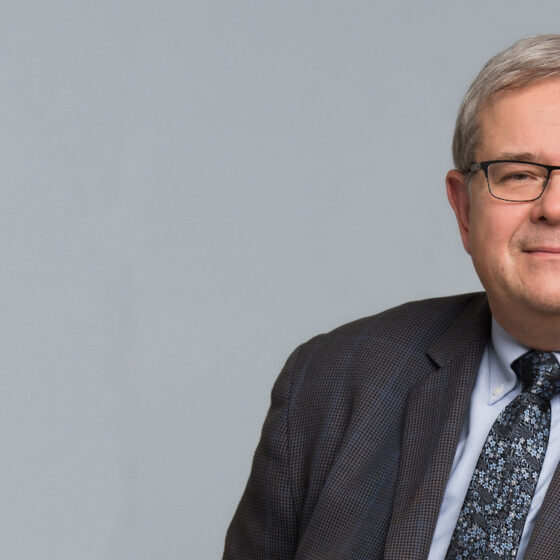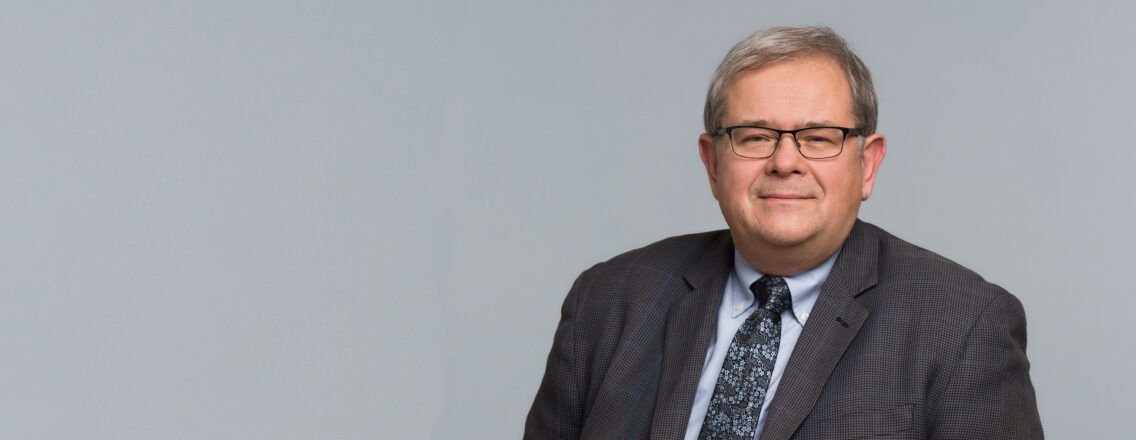Insights,
Insights,
On June 3, thousands of oncologists, oncology researchers and biopharmaceutical companies will convene at the McCormick Place Convention Center in Chicago for the American Society of Clinical Oncology (ASCO) Annual Meeting. After COVID-19 forced this industry premier event to be conducted virtually the past few years, there will be much shared relief and joy as colleagues and friends gather together again in a safe and collegial environment. And while the specifics around new research findings won’t be released until later this month, there are three themes that I believe will emerge at this year’s conference based on the abstracts that have been submitted.
One will focus on access to care and equity. This is a topic that is the center of much national discussion today and never before has there been as much focus on access to care and equity than now. However, this is not a problem we are going to solve at this meeting or in the near future and I can only hope that physicians embrace it in their day-to-day practice.
The second will be the re-emergence of targeted therapies for cancers that have a specific mutation. There are a lot of abstracts dealing with this issue, whether it’s new medications for new targets or new medications for existing targets. On this issue, I always hope that what we hear ends up being actionable in the near term, not five years down the road because as we all know, Phase I clinical trials take a long time before we see a benefit to patients. So, I hope we hear new and exciting things in this regard that can be achieved in the near term.
A third point of discussion will be around immunotherapies and the second generation of immunotherapy trials. I anticipate this will be a very popular topic of discussion in terms of looking at novel ways to target that singular pathway. How we move forward with emerging cellular therapies should lead to some interesting conversations.
With respect to immuno-oncology (I-O) therapies, my expectation is that we can come away from the meetings with a closer understanding of their long-term clinical benefit. We have had some tremendous success with I-O therapy in addressing difficult to treat cancers, but critical questions remain. How much more can we achieve with this approach? Having a greater understanding of the ceiling in terms of clinical benefit of the breadth of I-O combinations will be important as further refinements in I-O therapy move forward.
We hope to hear about new data on cellular therapies as well; both in CAR-T and T-cell immunotherapies. Then I’m sure there will be the usual scuttlebutt/undercurrent of discussion on policy matters outside of the clinical nature of ASCO meetings – what will happen now that the Oncology Care Model (OCM) has ended? What is the latest on efforts to mandate coverage for complex diagnostics at the state level? Do we think the physician fee schedule draft rule will include provisions related to Medicare Part B discarded units? Do we expect a skinnier “Build Back Better” bill or will CMMI weigh in on the drug pricing debate?
There are certainly a lot of clinical, policy, and access issues before the oncology community, which makes being back together in person to discuss and collaborate even more critical. And while attendance won’t be at pre-COVID levels, I’m looking forward to a very energized, engaging and productive week-long schedule of events.
Mike Kolodziej, MD, FACP is a Sr Advisor at ADVI Health; a leading consulting and advisory firm specializing in strategy, policy, data analytics and value economics specializing in cell and gene therapies, rare and ultra-rare diseases, vaccines, and oncology therapeutics, devices, and diagnostics.


Senior Advisor